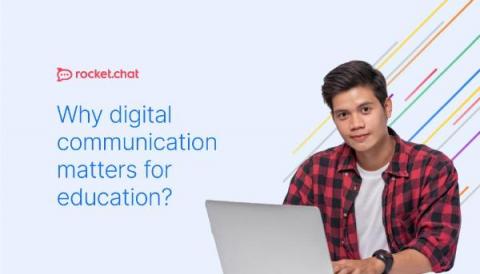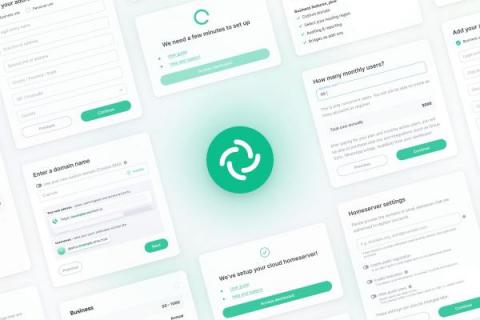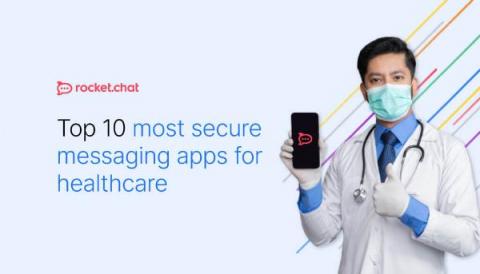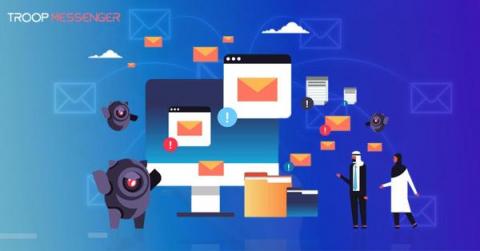Teams | Collaboration | Customer Service | Project Management
Messaging
8 Useful Template Ideas for an Hourly Planner
Why digital communication matters for education?
In 2023, many schools and universities are increasingly leveraging digital communication to further the goals of effective teaching and assessment. However, many institutions are yet to implement such forward-looking changes. Their efforts are often limited by a lack of funding, outdated infrastructure, or resistance to change. Digital transformation is changing how industries and sectors work, bringing transparency, efficiency and speed to manual processes. The field of education is no different.
Check out our gorgeous back-end...
Most people know Element as a secure collaboration and messaging app. They know what it looks like on their phone or laptop, appreciate that it’s end-to-end encrypted, and make increasing use of features like threads, polls and location-sharing. In short, they are familiar with the front-end; the client, the app or whatever else you want to call it.
How to format your messages in Slack
How to use huddles in Slack
Top 10 most secure messaging apps for healthcare
In the healthcare industry, patient confidentiality and data privacy are paramount. Healthcare providers must be extra cautious while communicating and exchanging sensitive patient information electronically, especially with the increasing use of digital platforms and the rising risks of cyber threats. Moreover, data privacy regulations like HIPAA make it mandatory for healthcare providers to ensure the confidentiality of patient data.
What is SPIM (Spam over Instant Messaging)?
What is SPIM? Before you demonstrate your Typoglycemia prowess, let me clarify that it is SPIM, not SPAM. Nevertheless, the acronym heavily refers to spam so they may sound the same, but fundamentally, they differ.











